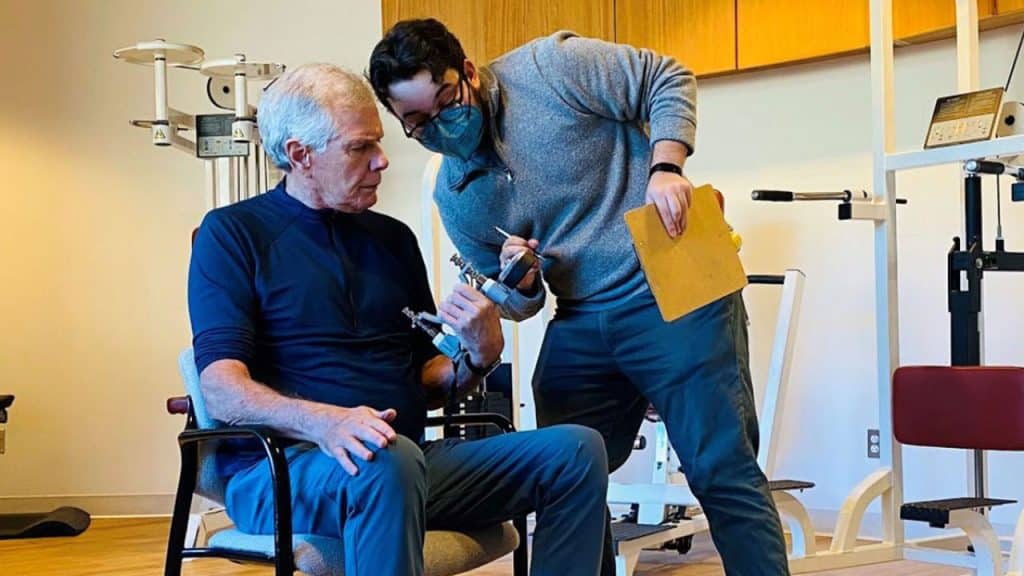Ketogenic diets have received a lot of interest in health and wellness circles, sometimes for their purported benefits and other times because of a certain degree of skepticism. Now attention is turning to another potential use for ketones: the alleviation of frailty, an age-related side effect with a huge impact on quality of life (https://longevity.technology/news/first-ever-clinical-trial-of-ketone-supplementation-to-treat-and-prevent-frailty/).
Ketones are a type of compound that become more common when we don’t consume enough carbohydrates. This forces the body to use fat as its primary energy source, which can help with weight loss and may potentially have other health benefits. The state of having increased ketone levels due to a lack of glucose in the blood is known as ketosis.
Part of the problem with ketogenic interventions is the lack of solid evidence about their effectiveness. The ketogenic, low-carb diet has been shown to have some benefit for children with epilepsy, but most of the research still involves testing on mice, which isn’t the same as showing it works on people.
This means that a lot of scientists are interested in studying ketone supplementation further. This may have just become a little easier thanks to a $3.5 million federal grant awarded to the Buck Institute for Research on Aging for this purpose. Now the Buck Institute is going to work with Ohio State University and the University of Connecticut Center on Aging to implement what’s being called the TAKEOFF study.
TAKEOFF stands for Targeting Aging with Ketone Ester in Older Adults for Function in Frailty. It will be the first study of its kind, randomized, double-blind and placebo controlled, the gold standard in research design. This is a natural followup to a pilot study into human ketone supplementation, also conducted by Buck, called the Buck Institute Ketone Ester Study (BIKE).
There will be 180 participants in TAKEOFF, each in what is known as a “pre-frail” state, in this case judged by a slowing in natural walking speed. Efforts will be made to draw from historically disadvantaged communities. As the study progresses, strength will be measured using a leg press. Muscle function, metabolism, immune responses, inflammation and blood biomarkers will all be assessed.
Whatever the result of TAKEOFF is, it will allow scientists to plan their next areas of research and help members of the public make more informed decisions about their own health.




